Allegheny Health Network, Duquesne Light and Covestro host latest immersion opportunities for Educator in the Workforce
Academic and technical skills are important to employers, of course. But participants in our Educator in the Workforce program are hearing time and again that they’re not all that’s important and, sometimes, not even most important.
At Duquesne Light Co., for example, candidates for the Electrical Distribution Technician program must take a math test, but they also must exhibit soft skills. “It’s a team environment,” explained Talent Acquisition Manager Selenna Gregg when the utility hosted our Educator in the Workforce program in January. The visit was one of two in January. The other was at Allegheny Health Network. Both followed a December visit to Covestro.
At Covestro, “I think the biggest soft skills we look for are communication and strong thinking skills — being able to think logically and being able to communicate,” said John Brandt, who serves as Technical Manager with hiring responsibilities for the company.
“Another thing I look for is grit,” he said. “We can’t have people who give up whenever there’s a challenge. Related to that, you have to be a self-starter, a learner…And no matter what job you do, you need to be able to work on teams.”
“We’re asked a lot, ‘What does career-readiness look like’?” Brandt told educators during a site visit. “I have to tell you, it’s changed.”
As much as employers need people who’ve achieved a certain level of mastery in their fields, they also “need employees with soft skills,” he said.
Because hiring criteria have changed, so have interview techniques.
“We do a lot of behavioral-based interviews,” Brandt said.
Many employers looking for soft skills have made the same shift, including Duquesne Light. During so-called behavioral interviews, recruiters ask applicants to recount situations that challenged them — whether interpersonal or task-related — and their own responses.
For example, interviewees might be asked to relate how they react when they find out they’ve made a mistake and give an example.
Educators attending the career immersion session at Covestro peppered Brandt and other hiring managers with questions, wanting to know what makes a resume stand out, among other things.
Before selecting candidates for interviews, Brandt said he and his colleagues look for things that might give clues about a candidate’s dispositions. An applicant who was on a school swim team, for example, might be someone who emphasizes individual performance insofar as it contributes to overall team success.
Finally, he encouraged educators to let students know that cover letters give them an opportunity to mention things that a resume wouldn’t address.






